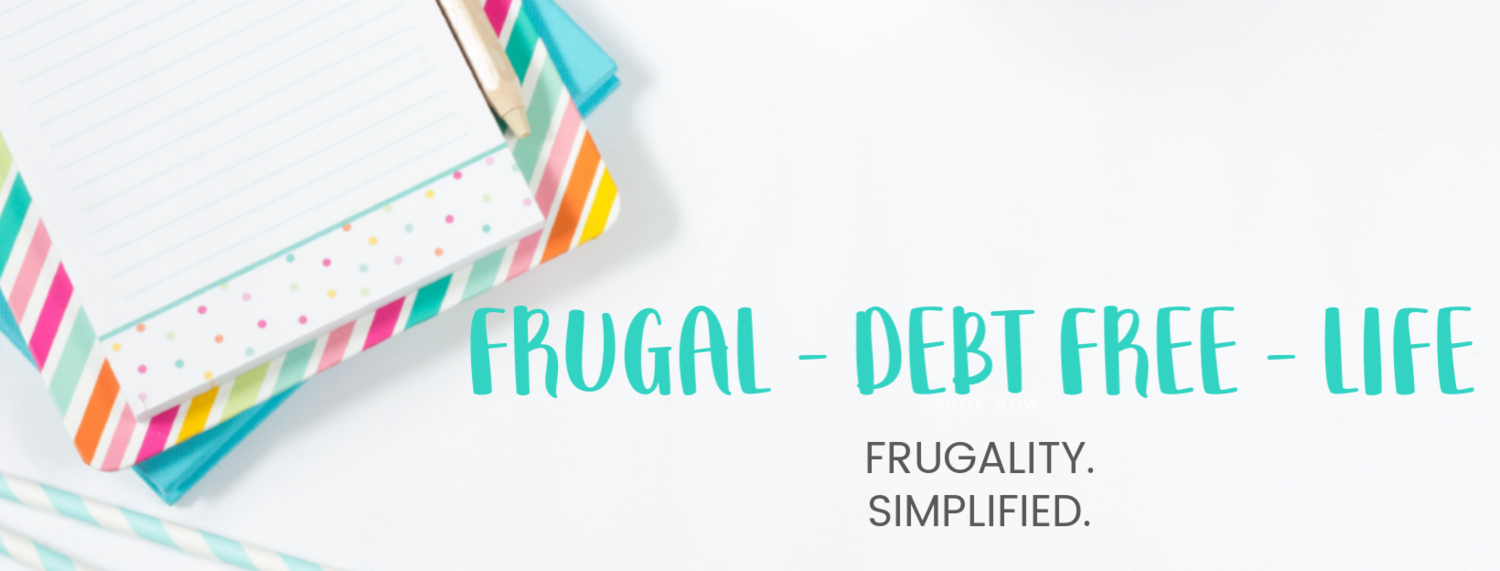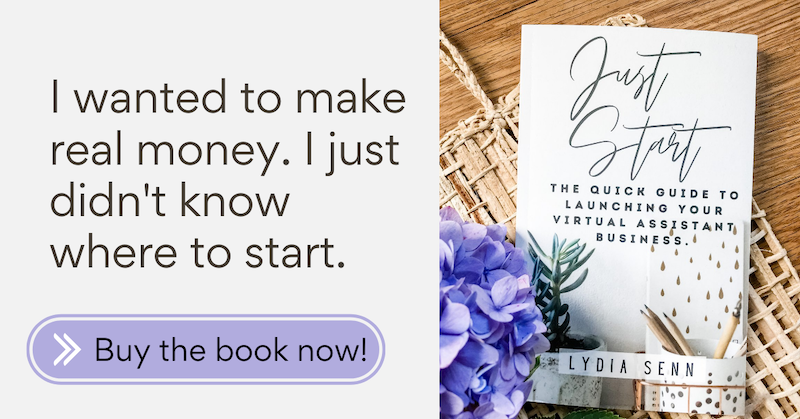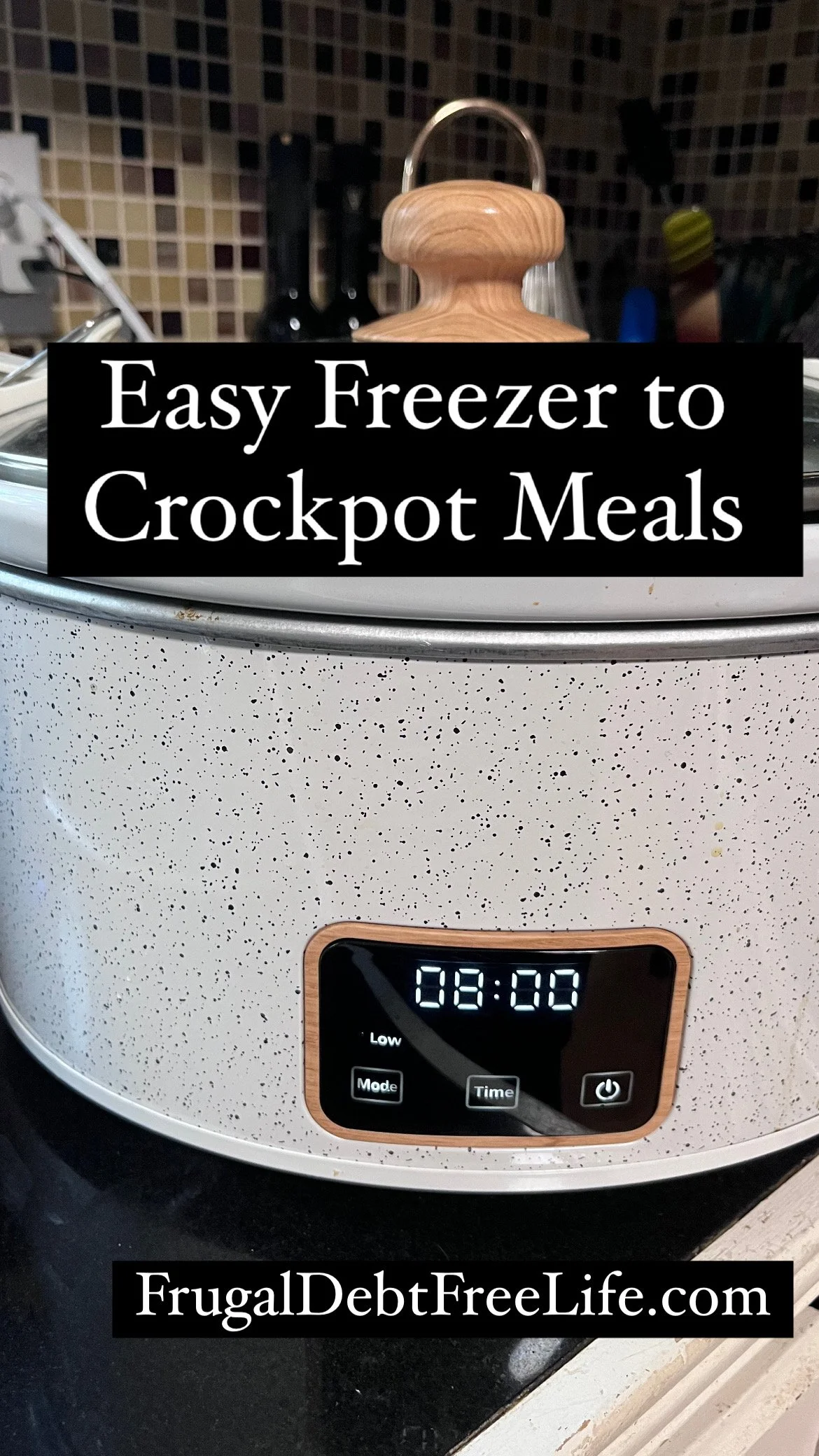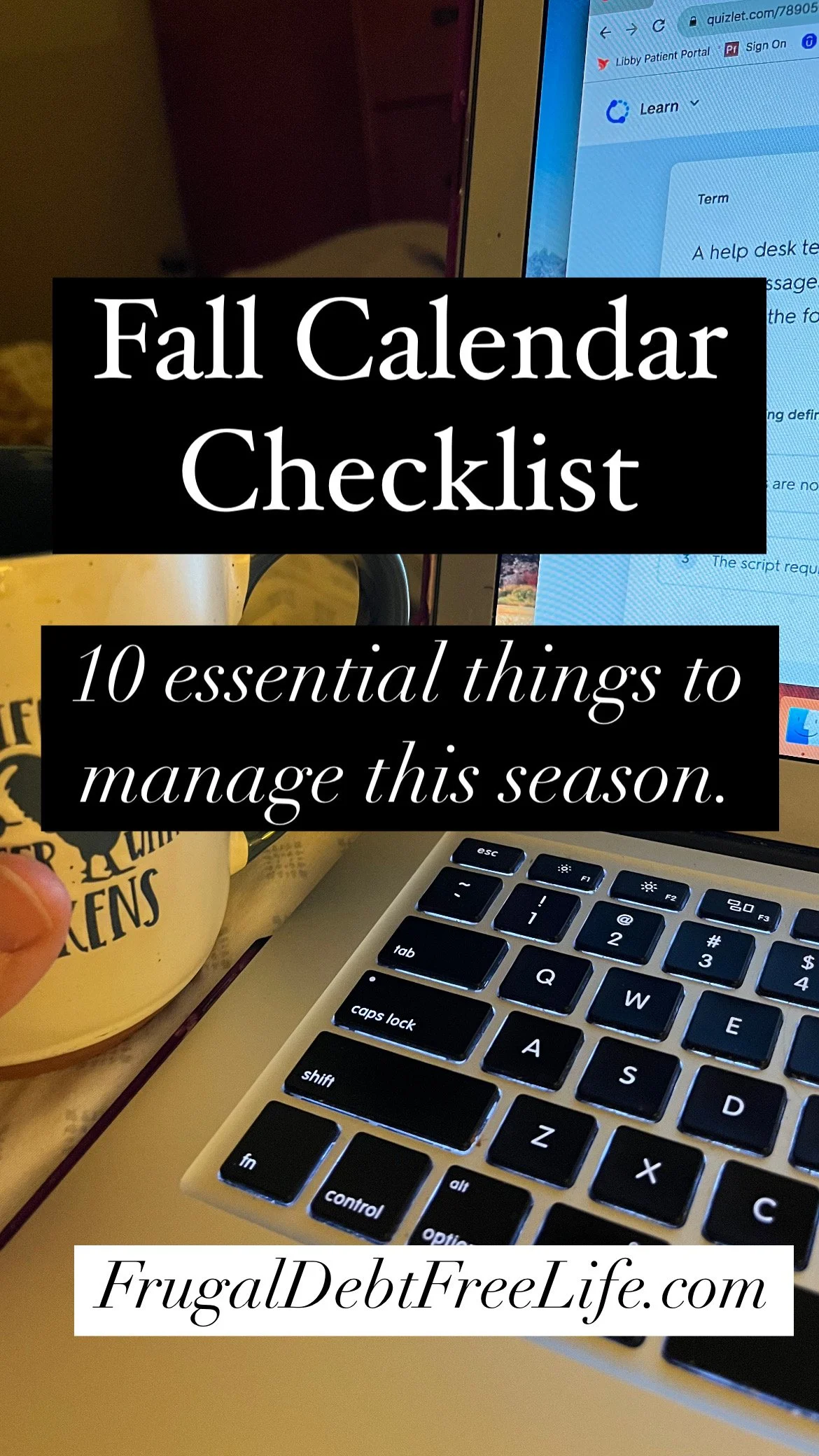How to make a zero-based budget
/So what exactly is a zero-based budget? Okay. Let’s break it down.
You take your total monthly income and you subtract all of your bills and savings goals until you reach zero.
You give every single dollar a job to do. There's no, like, random $165 left over. You've told it what to do and where to go. It's not as daunting and hard as it sounds. It's actually pretty simple.
Here's what you do:
Step 1: Grab some paper
You're going to grab a piece of notebook paper — using a planner to budget is very smart; we're just starting out — and you're just going to write your income at the top. Say, you make $4,000 a month or $3,000 a month. You're going to write that at the top.
Step 2: Total up your bills
You're going to write all the bills you have to pay — rent or mortgage, water, electricity, gas to get to work, internet, groceries, if you need clothes for school or work, student loan payments, credit card payments, car payments. And you go down from there.
Step 3: Add up your non fixed expenses and other necessities
After you've listed your must-do's like lights, home and food, you're also going to list your bills and the things that you want to give money to. If you are a tither and you are giving money to your church, or if you need money for your kids' school or sporting fees or whatever it is that's going on — that's going to be included in there too.
Read: 7 things you probably forgot to budget
Step 4: Annual or semi-annual expenses
Another thing that you might want to include in your zero-based budget are those things that you might pay once or twice a year — like auto insurance or dues (if you have a homeowners' association).
The point is: when you get to the bottom, it's zero. That doesn't mean you have zero money left. It just means that you have told all of your money where to go.
It might seem very overwhelming or really daunting at first, but I absolutely promise you you can do it.
Here's the thing: it's not going to be perfect those first few months. It may take you three, four, five, six times to get it right. Don't give up. Because once you master it, you're going to feel on top of the world.
























